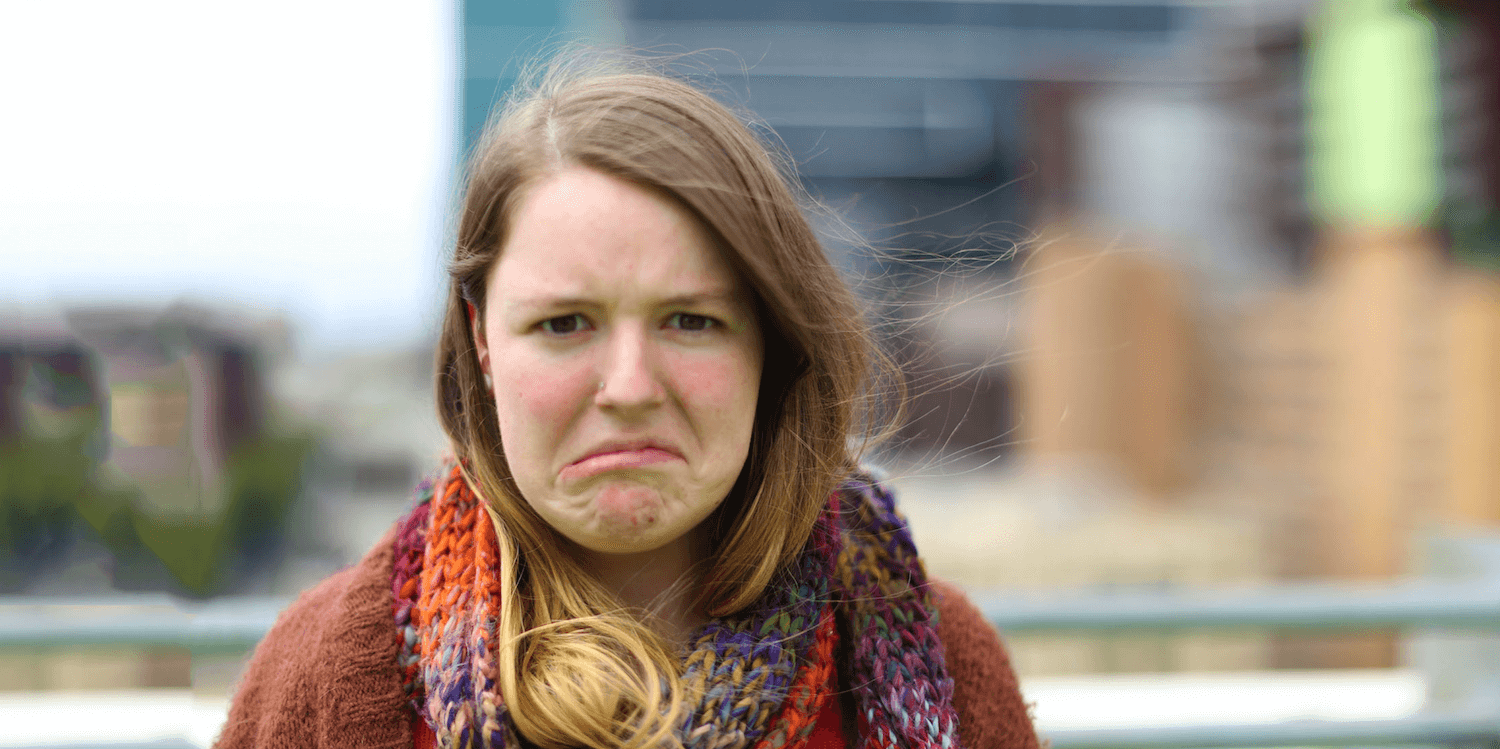
What to do if you've been outed before you're ready
March 11, 2020
So you finally decided to tell someone that you’re queer (YES! Nice!) and they’ve told another person without your permission. Or maybe someone has found out without you telling them at all. Coming out (or not coming out) is YOUR decision, and having that decision taken away from you can feel invasive and overwhelming. What comes next come seem scary.
How being outed can affect someone
Being outed to your family, friends, the wider community or all of the above is probably one of the most frightening things that could happen in the process of coming out. It’s like you’re taking things slow, dipping your toe into the water, then all of a sudden you’ve been pushed in head first. When it’s overwhelming and you aren’t sure how to handle it, being outed can impact your mental health.
It’s totally normal to worry, especially if you aren’t sure how other people are going to react to the news.
Remember, though: tough times like this pass as you adjust yourself to the situation at hand. You soon find out who amongst your friends and family are there to support you and, with their help, you can power through it.
There are also heaps of great organisations out there that can offer help and services to anyone finding themselves in a difficult situation. All these places have fantastic, experienced and trained staff and volunteers dedicated to helping you out!
Here are some ways to take back control
Come out (again)
Take control of the situation yourself and own your sexuality or gender identity. This could be through making a Facebook post (“As most of you know by now, I’m bisexual.”) or another way that you feel comfortable with.
Showing confidence (even if it’s not 100% real) can be a huge help in situations like this, and demonstrates to others that your identity is your own.
Talk to the people who matter
Take time to talk to the people that matter to you about being queer, especially the people who you have to see often. Sit them down and explain to them what it is you feel and how much you appreciate their support.
Keep active
If you can, try not to isolate yourself from the situation or from the things you enjoy. Keep involved in your usual activities and at school, university and/or work – it can be a great way to keep yourself grounded (and keep your mind off the situation if you need it).
Try making new friends / networks
Getting yourself out there and feeling connected to people who love and support you can be a hugely positive experience. You’re reading this, which is a great start! If there aren’t any youth organisations near you, online communities (like Facebook groups) can be incredible.
Recognise if things get too hard
It’s not always easy and it’s OK to recognise that you need extra support. If you’re experiencing a rough time at school, speak to your Wellbeing Coordinator at school and have a honest conversation about how you’re feeling.
You can also chat online to a professional at eHeadspace or another queer person at Qlife.
Remember, you’re not alone
Remember you're not alone in this! Countless other queer people (and a bunch of of us at Minus18) have been outed before we were 100% ready. Here are a few words from some of our own crew who have been outed:
‘I was outed as bi by my best friend in year 8, I got a lot of invasive, awkward questions. It was tough, but I definitely over thought it. It felt like everything was going to change and everyone was going to hate or reject me. I had so much fear but in the end people were generally okay with it’ – Alice.
‘My mum outed me as trans on her Facebook page. I was SO angry. It was meant to be something private I discussed with her but she didn’t quite get that. I decided to talk individually to other members of my family and through that process they now all accept me’ – Marlee.
‘My girlfriend and I were outed as lesbians to the whole school at our graduation by being finalists for the ‘cutest couple’ competition. How bittersweet is that? We got a ton of hate from other students because of it. What really shone through was the incredible support of a lot people. Like, for every person who said a hateful comment, another person who we didn’t even know would speak up and defend us. I got to see how beautiful and kind other people can be and through that process we made new, stronger friends’ – Jess.
‘Mine was a typical Gossip Girl scenario. I told my closest friend, she told her mother, then she told my mum. I was upset because the decision to tell my parents was taken away from me. My mum was so lovely, and just said she was confused about why I didn't just tell her myself.’ – Andrew.
Educating young people and adults
Pretty often, people saying or doing something untoward or rude can stem from a lack of proper knowledge – whether they're an adult, or a young person.
It shouldn't be up to you to expend the emotional labour to educate them yourself, which is why Minus18 organises and runs workshops and training sessions for young people and adults alike. Workshops cover understanding sexuality and gender diversity, and how to support each other – and they're ideal for students, teachers, workplaces and parents.
Find out more about youth workshops and adult training.
Related articles
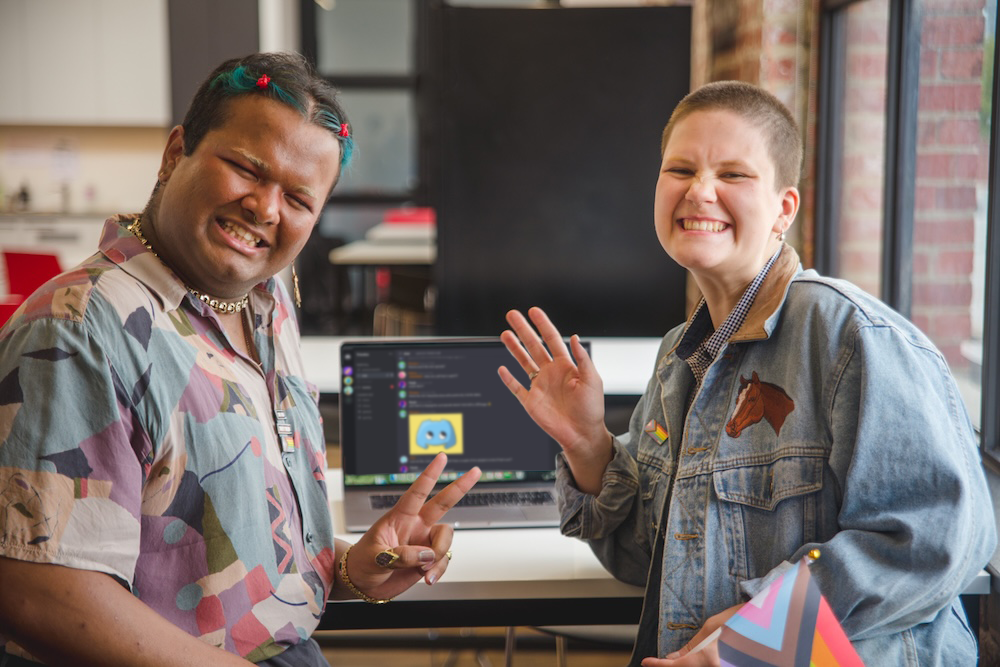
From December 10, big changes are coming for anyone in Australia under 16. Here's how we'll support you to remain connected with your community.
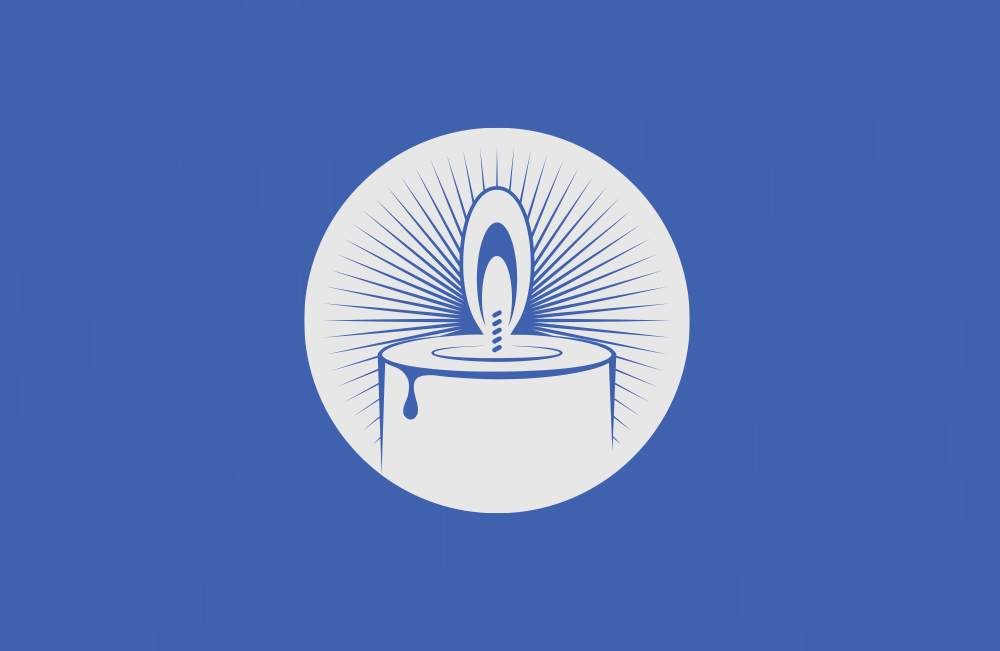
Trans Day of Remembrance is an important opportunity to honour those who have lost their lives to transphobic violence, and take a stand against transphobia.
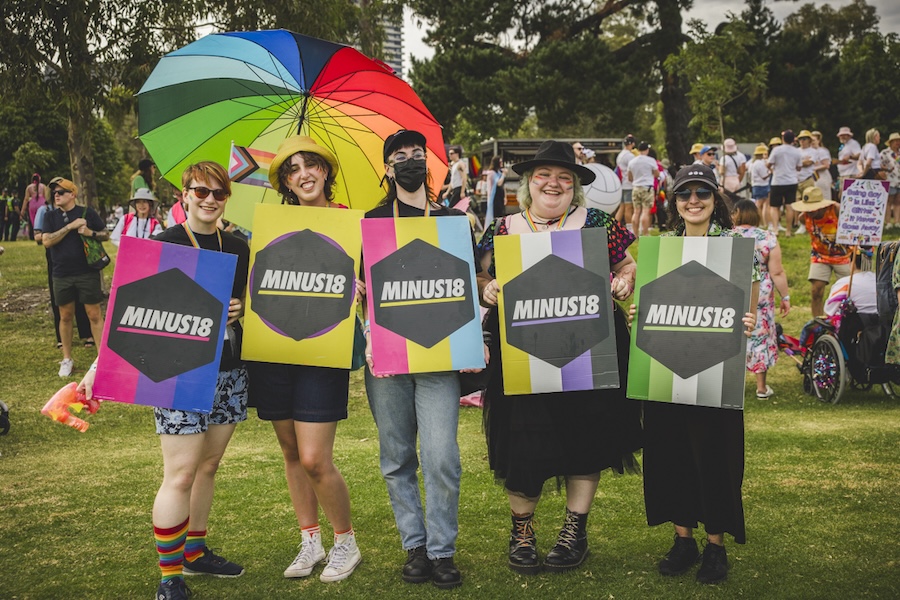
Labels can be comforting – a way to find people who understand you, and proof that you’re not alone. But it's also okay if you're still figuring it out.
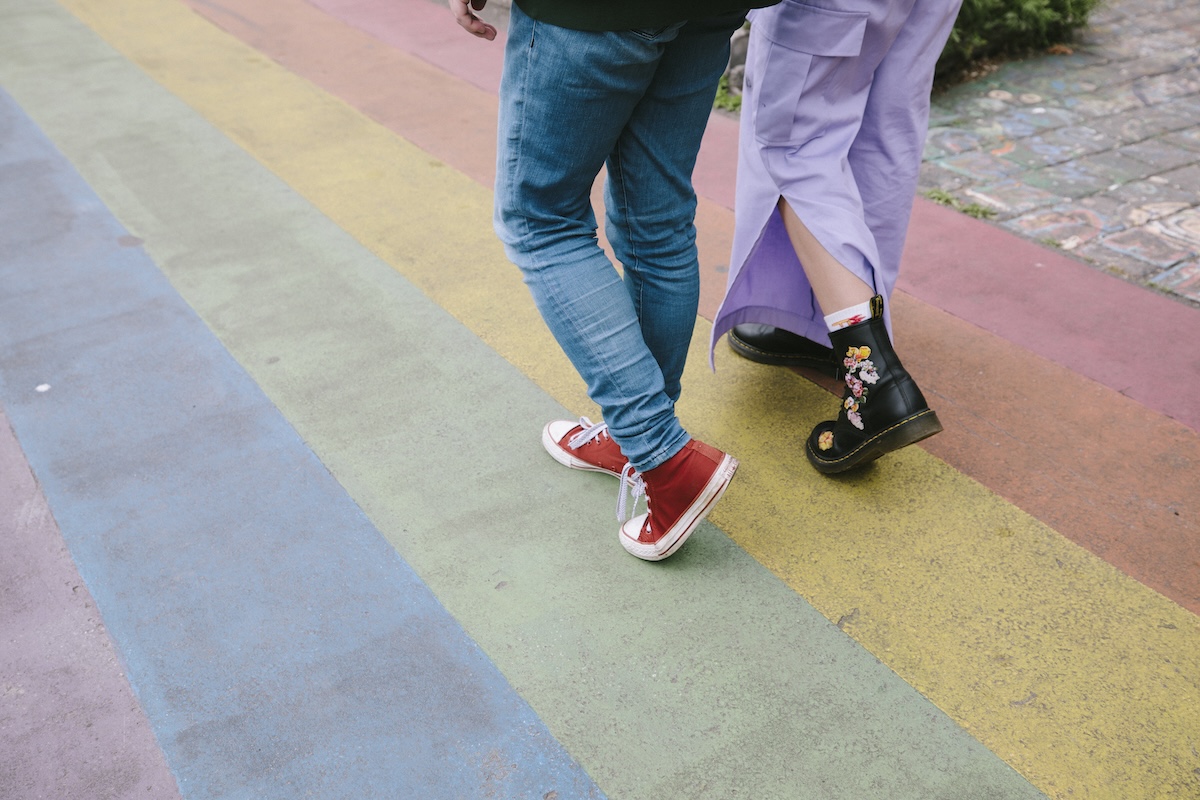
Uncertainty can be beautiful. Being “in-between” labels, between versions of ourselves, is part of life.